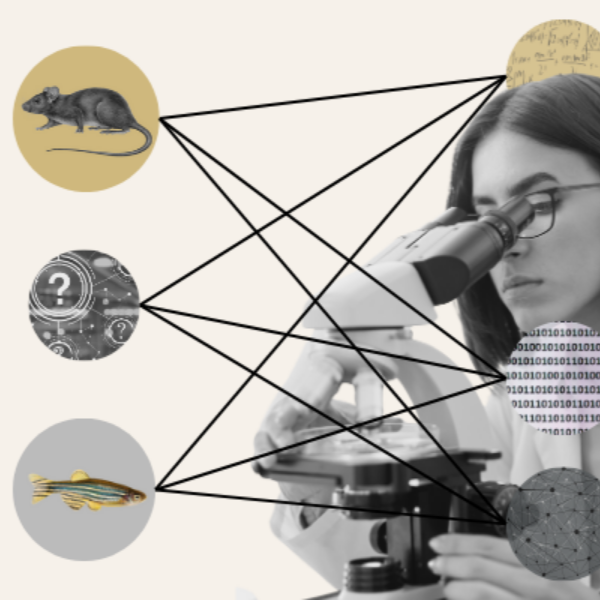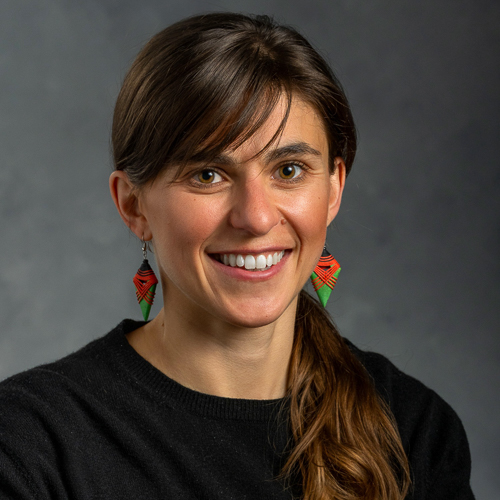Grant Proposals from the Lindell Lab Soar
Catherine Lindell and Megan Shave have received two new grants to support ongoing research in the Lindell Lab at Michigan State University. The Lindell Lab investigates the roles of birds in ecological functions and ecosystem services.
Catherine Lindell is the Primary Investigator (PI) for a NSF Dynamics of Coupled Natural and Human Systems grant entitled, Linkages among farmer decision-making, beneficial bird species, and pest management in fruit-growing systems. Co-PI’s include Phil Howard and Brian Maurer in MSU’s College of Agriculture and Natural Resources. Collaborators from U.S.D.A., the American Kestrel Partnership, and Colorado State University are also involved. The project will take place in blueberry fields and cherry orchards in Michigan.
This research project will investigate interactions and feedbacks between the human system of fruit production and the natural system of predators eating prey that damage fruit crops. Lindell and collaborators will measure whether resource subsidies (nest boxes) provided by fruit growers for a beneficial species (American kestrels, Falco sparverius) result in trophic effects, in other words, reduced activity of crop pests including fruit-eating birds, small mammals and arthropods, and, in turn, reduced fruit damage and increased fruit production. Further, they will study pathways through which growers’ decision-making about pest management may be influenced, including economic considerations, consumer preferences and conservation issues.
Meanwhile, the North Central Sustainable Agriculture Research and Education Program recently awarded Megan Shave, an IBIO graduate student in the Lindell Lab, a grant for her research project titled, Evaluating agricultural applications of orchard nest boxes and perches for a declining raptor species: quantifying impacts on pest rodents and birds.
Shave’s project, which will occur in Michigan cherry orchards, will provide quantitative assessments of kestrel predation to evaluate the potential for kestrels to contribute to an integrated pest management strategy for orchards in the north central region of the U.S. Megan explained, "We have had great success in attracting kestrels to the cherry orchard nest boxes and observing the prey that the adults deliver to their young. I am now also investigating whether providing additional hunting perches for these kestrels can further encourage their use of the orchards. The next step is to determine how the presence of kestrels affects prey activity in the orchards."
The Lindell Lab is enthusiastic about the implications of project(s) outcomes. According to Lindell, "These lines of research are exciting because we are exploring whether humans can make landscapes more hospitable for declining predator species which, in turn, may enhance ecosystem service delivery--in this case, crop pest management by predators."
Congratulations Catherine and Megan!



